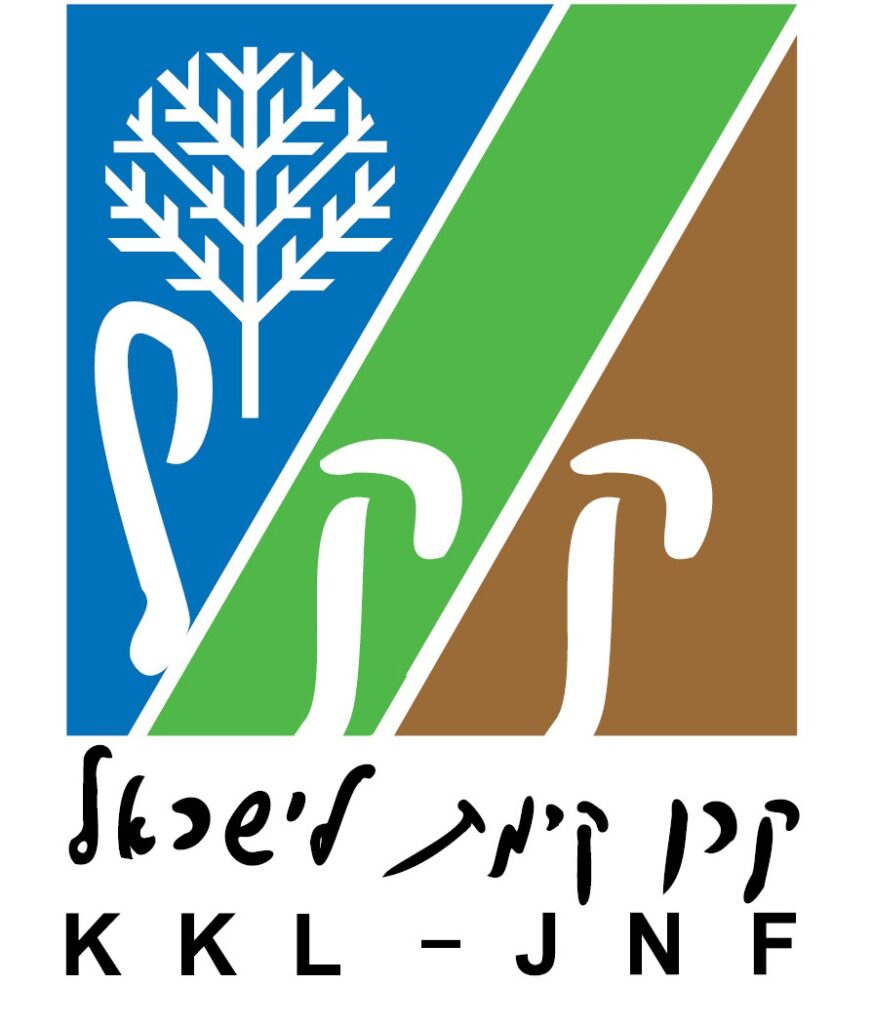
Cpt. Oshri Moshe Butzhak Z”L, 22 years old.
“Every person has something unique we can learn from.”
The path to command wasn’t easy for Oshri, but he never gave up. Protecting the people of Israel was his mission- one he lived and breathed, reading everything he could about IDF heroism and sacrifice.
As a platoon commander in the Nahal Reconnaissance Unit, Oshri served in northern Gaza, clearing buildings of terrorists and explosives. Even there, amidst the raging fire of war, he always made time for Torah study, earning him the moniker “commander in King David’s army” from the brigade Rabbi.
On December 23, he was ordered to take over a building – but to wait until they could enter as a platoon. Suspecting that it was booby-trapped, Oshri opted to enter it alone. Yosef Kolozny, his advance guard and machine gunner, was meant to go in first. But Oshri, as commander, insisted on taking the risk upon himself.
He entered first, with Yosef behind him, providing cover. A Hamas gunman opened fire- Oshri was hit in the neck and chest, and Yosef was wounded in the leg. The soldiers later found a live explosive charge inside, intended to bring down the entire building. But Oshri, before he was killed, had managed to shoot the terrorist before he could trigger it – saving the lives of all 13 of his soldiers, whom he called his “children.”
Oshri, born and raised in Haifa, is survived by his parents Eyal (a KKL-JNF employee) and Reut, and his siblings Harel, Talia, Nevo, Haggai, and Tze’ela. Just a month earlier, he had gotten engaged to his beloved Ravid.
Even in death, Oshri chose to give: he had registered as an organ donor, and his corneas were successfully transplanted, offering the gift of sight to others.
Cpt. Eden Nimri Z”L, 22 years old.
“Despite all the difficulty, I am at peace and know that this is the right decision for me.”
In her final year of service, Eden Nimri was an officer in the Sky Rider (Rochash) unit of the Artillery Corps based near the northern border. On October 4, she and her team were sent to Nahal Oz base to cover for soldiers on leave.
Three days later, on October 7, Eden awoke to sirens. Understanding the threat, she grabbed her weapon and led her team of four armed female fighters to a reinforced shelter (migunit), where they found 24 unarmed female soldiers—spotters, medics, communications and intelligence personnel. Eden had never met them, but she instantly took command.
In pajamas and without rank insignia, she stationed her team at the shelter’s two entrances, placing herself at the more vulnerable one. “Even if she didn’t know exactly what was going on, she walked alone toward the shots and shouting in Arabic,” a survivor later said.
At 7:45 a.m., terrorists burst in. Eden’s plan had worked, her team ambushed the first attackers. Then came more attackers, who threw grenades into the migunit. Eden shielded others with her body, and returned fire, while allowing other soldiers, including her own teammates, to escape. She remained to fight the attackers alone. When her ammunition ran out, she fought with her bare hands, until her last breath.
She saved 17 lives. Eleven escaped. Seven were taken hostage, six of whom later returned. “She’s my hero,” said former hostage Liri Elbag, “the one who saved my life.”
Eden had a choice. As an elite swimmer, she was eligible for “exceptional athlete” status in the IDF, an easier path with minimal duties and time to train. But Eden chose meaning over comfort. She gave up her athletic career and joined a combat unit, determined to serve with impact.
Eden, who grew up in Modi’in-Maccabbim-Reut, is survived by her parents Sharon (a KKL-JNF employee) and Michael, and her sisters Hadar and Noga. Her courage and self-sacrifice will forever echo.
